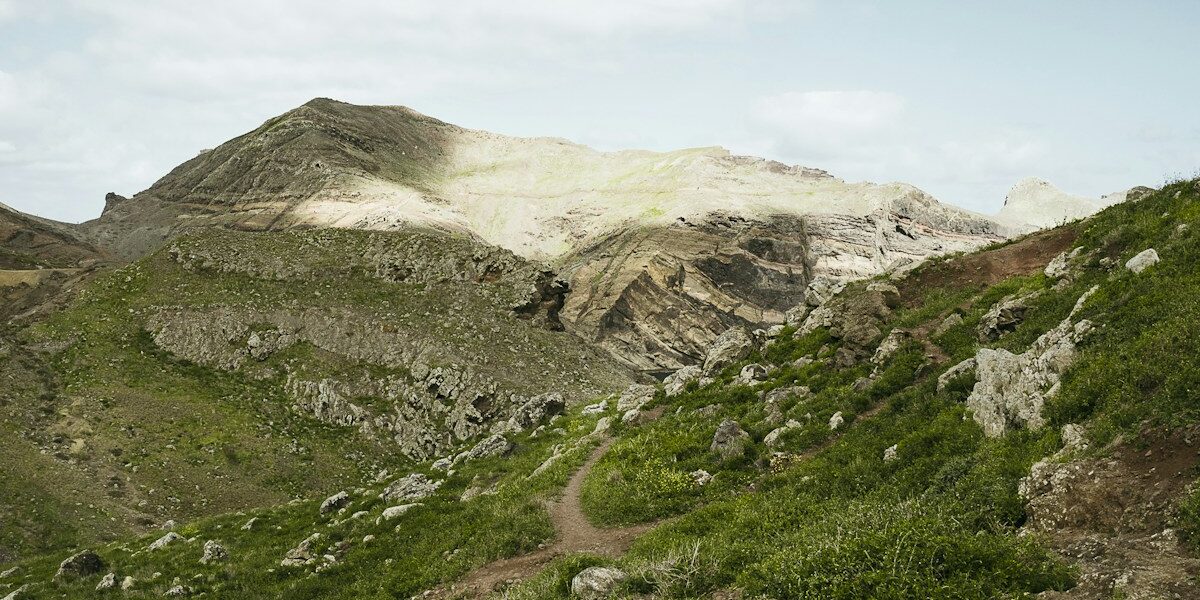The Importance of Proper Nutrition While Trekking
The Importance of Proper Nutrition While Trekking
Trekking is a demanding activity that requires stamina and strength. As someone who bonked hard on my third day of a week-long backpacking trip because I packed the wrong food, I can tell you that proper nutrition isn’t optional—it’s foundational. A good diet can help you avoid fatigue, muscle cramps, and other issues that may arise during your hikes. I learned everything in this section the hard way before I got it right.
Energy Needs on the Trail

Trekking involves long hours of physical exertion. Your body needs more energy than usual—significantly more than most people expect. Carbohydrates are your best source of energy. They provide a quick and efficient way to fuel your muscles. Whole grains, fruits, and some vegetables provide complex carbs, which break down slowly and provide sustained energy. I aim for about 60% of my trail calories from carbs now.
Proteins for Repair and Recovery
Proteins are essential for muscle repair and recovery. Trekking puts a lot of strain on your muscles, and protein helps to rebuild them. Lean meats, nuts, legumes, and dairy products are excellent sources. Aim to consume these after your trek to aid muscle recovery. On multi-day trips, I’ve noticed a real difference in how sore I am based on whether I hit my protein targets or not.
Fat as a Long-Lasting Fuel
Fats are a concentrated energy source. They are essential for those long trails where quick energy isn’t enough. Healthy fats from avocados, nuts, and fish can keep you going when the carbs burn out. Keep portions controlled to avoid digestive issues while hiking. Probably should have led with this: fat carries more than twice the calories per gram as carbs or protein, making it weight-efficient for backpacking.
Hydration is Crucial
Dehydration can be a big problem on the trail. Carry enough water and remember to drink frequently, even when you don’t feel thirsty. Electrolyte-balanced drinks can help replace lost salts and minerals. Beware of over-hydration, which can happen when you drink large amounts without replacing electrolytes. I add electrolyte tablets to my water on hot days now—game changer.
Snacking Smart
Frequent snacking keeps your energy levels stable. Choose snacks that combine carbohydrates, proteins, and fats. Trail mix, energy bars, and fruit are good options. Avoid sugary snacks. They may give quick energy but can lead to crashes. I eat something small every hour or so rather than waiting until I’m hungry—by then it’s already too late.
Meal Planning
Plan your meals to ensure you cover all nutritional bases. Calculate how much food you’ll need based on distance, elevation gain, and days out. Consider how easy it is to carry and prepare. Pre-packaged meals might be convenient but check their nutritional content. Balanced meals help keep energy levels consistent. I spend more time planning food than gear for multi-day trips now.
Adapting to Altitude
Trekking at higher altitudes has unique nutritional challenges. Your body uses more energy and hydration becomes even more crucial. Carbohydrates help your body use oxygen more efficiently. Focus on consuming easy-to-digest, high-carb foods when trekking at altitude. Appetite often decreases at elevation, which is exactly when you need to force yourself to eat.
Special Dietary Requirements
If you have dietary restrictions, such as vegetarianism or gluten intolerance, plan accordingly. Bring along suitable alternatives and make sure you’re still getting a balanced diet. There are plenty of specialized foods that cater to these needs while providing the necessary nutrition for trekking. Trail nutrition has gotten complicated with all the options available now, but that complexity means there’s something for everyone.
Cooking Tools and Techniques
The right cooking tools can make meal preparation easier. Lightweight stoves and compact cookware are useful. Learn some simple recipes that are nutritious and easy to cook. One-pot meals can be a lifesaver when you’re tired and just want to eat. Make sure you know how to use your equipment before hitting the trail—nothing worse than fumbling with a new stove when you’re exhausted and hungry.
Listening to Your Body
Pay attention to how your body feels and responds to the food you eat. Adjust your diet based on your energy levels and any feelings of discomfort. Keeping a food diary can help you identify what works best for you. I’ve learned that my body handles certain foods better on the trail than others—it took some experimentation to figure that out.
Avoiding Common Pitfalls
One common mistake is underestimating the amount of food needed—I’ve made this error and it’s miserable. Overpacked food can also be an issue, weighing you down. Find a balance and pack calorie-dense foods. Avoid relying too much on packaged, processed foods. They often lack essential nutrients and can leave you feeling unsatisfied even when you’ve eaten enough calories.
Environmental Considerations
Be mindful of the environment when selecting food. Avoid foods with excessive packaging. Pack out all your trash without exception. Some areas have specific rules about what food can be brought in to prevent disruptions to local wildlife. Bear canisters change your food strategy completely.
Ethical Choices
If ethical eating is important to you, consider where your food comes from. Organic and sustainably-sourced foods are increasingly available. While on the trail, making ethical food choices can take a bit more planning but it’s doable. That’s what makes mindful trekking endearing to us outdoor enthusiasts—we can practice our values even in the backcountry.
Local Foods
Exploring local foods can be an enriching part of the trekking experience. Local snacks and meals can add variety to your diet and may be more suitable for the climate and conditions. Always ensure they meet your nutritional needs, but trying regional trail foods is part of the adventure in my experience.
Supplements and Vitamins
Supplements can help fill nutritional gaps in your diet. Multivitamins, electrolyte tablets, and protein powders can be useful. Don’t rely solely on them. They should complement a balanced diet, not replace it. I bring electrolytes on every trip now but view them as insurance rather than the main nutritional strategy.
Practicing Pack Management
Efficient pack management is crucial. Arrange your food and cooking gear in a way that is easy to access. Lightweight and compact packing helps reduce strain. Practice packing and unpacking before your trek—discovering your food is buried under everything else when you’re starving is frustrating.
Cooking Fuel
Plan for cooking fuel. Research how much you’ll need based on your meals and the length of your trek. Different fuels work better in different conditions. Make sure your fuel choice is appropriate for the environment you’ll be trekking in. Running out of fuel on a cold evening is a problem you want to avoid entirely.
Related Articles
Continue exploring:



